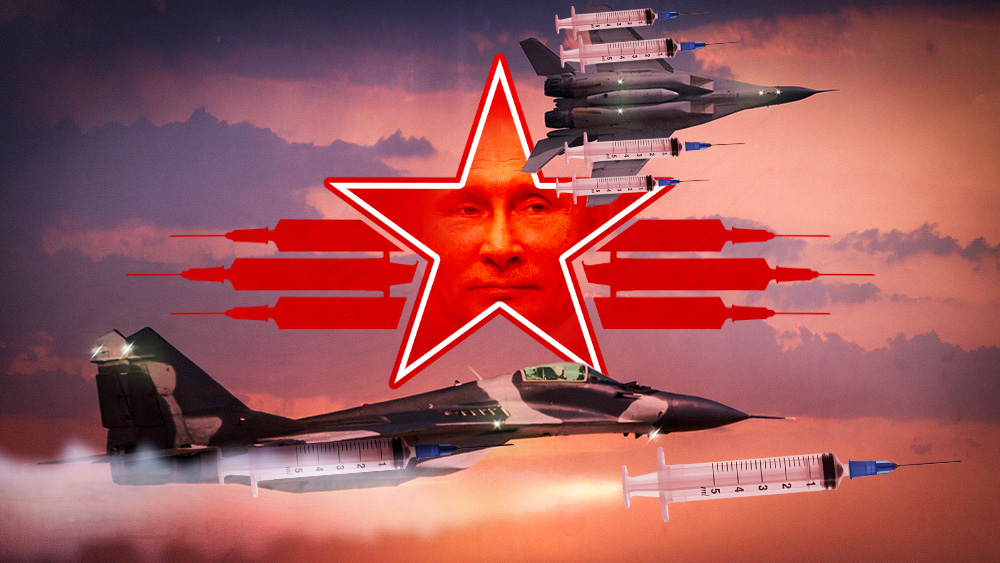After hastily granting approval last week for a COVID-19 vaccine that has yet to enter rigorous clinical trials, Russia has now announced plans to give the vaccine to more than 40,000 volunteers in a trial that starts next week.
The “previously planned post-registration” injections are part of a “randomized, double-blind, placebo-controlled multicenter clinical study” of the vaccine, dubbed Sputnik V, according to an August 20 press release from the Russian Direct Investment Fund, which has financially backed the development of the vaccine. The more than 40,000 people for the trial will be recruited from more than 45 medical centers, the press release added.
On August 11, Russian President Vladimir Putin announced that Sputnik V had won regulatory approval, making it the first COVID-19 vaccine in the world to achieve domestic approval. Putin hailed Sputnik V as a breakthrough and even announced that one of his daughters had already received one dose of the two-dose vaccine.
“I know it has proven efficient and forms a stable immunity,” Putin said, noting that Sputnik V had passed necessary testing. Officials have reportedly pledged to vaccinate millions in the coming months.
But researchers and public health experts are deeply skeptical of the vaccine and Putin’s claims. To date, Sputnik V is only known to have been tested in a total of 76 people in two small clinical trials—neither of which was designed or able to assess if the vaccine can protect against the pandemic coronavirus, SARS-CoV-2, which causes COVID-19. The data for those small, early trials are not published in a scientific journal, nor have they been made public.



 Loading comments...
Loading comments...
